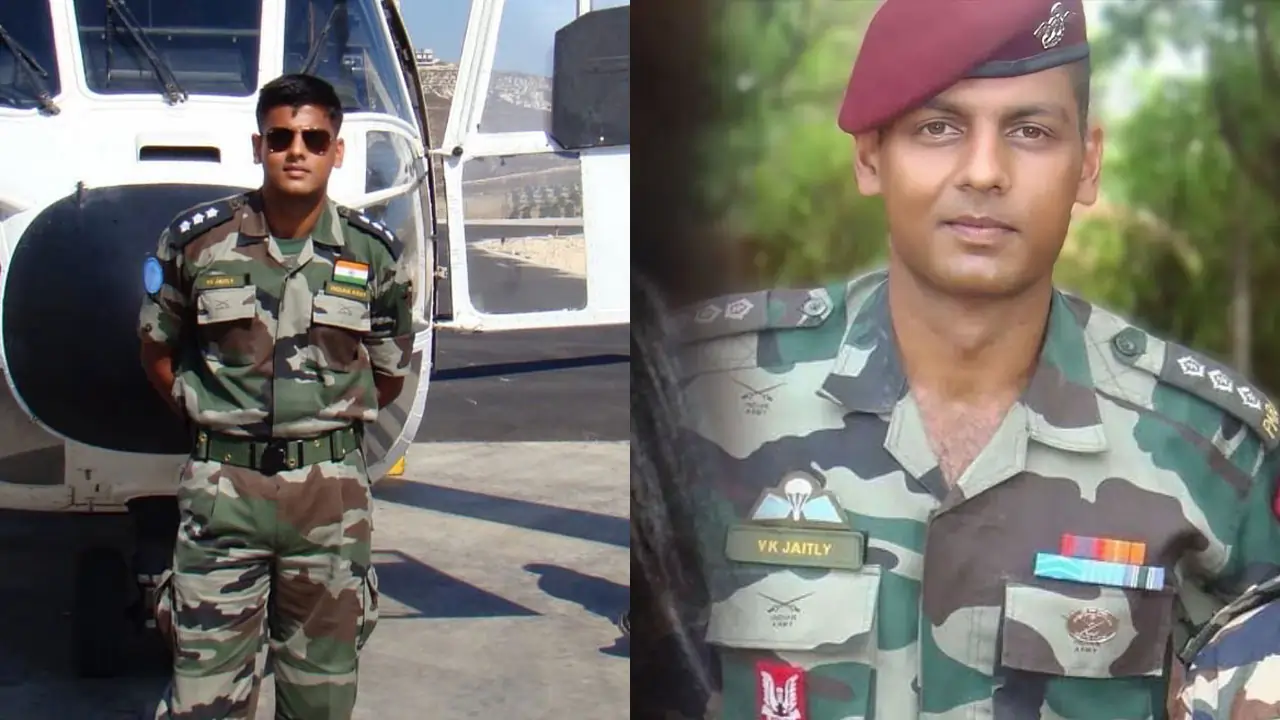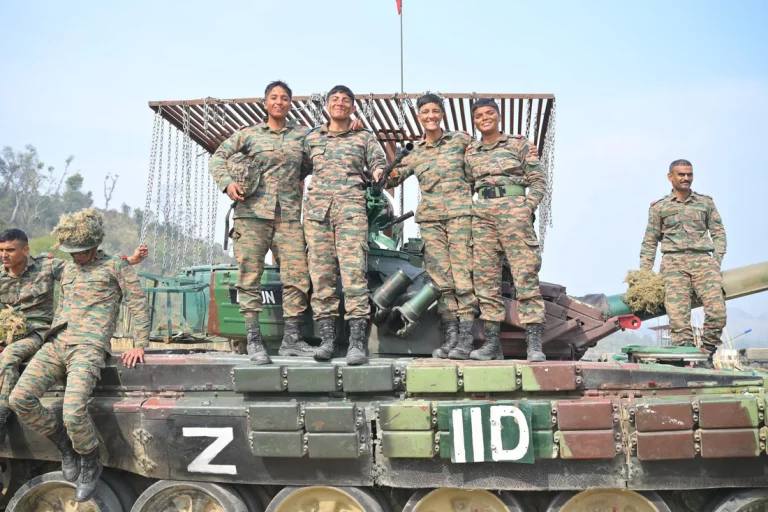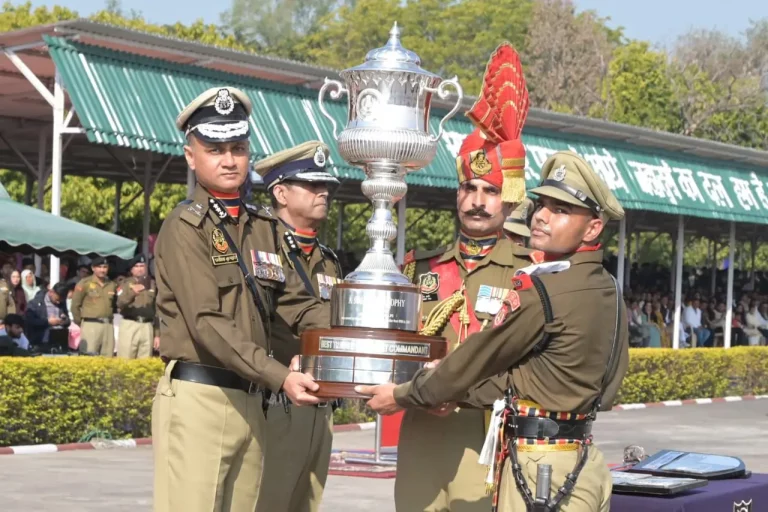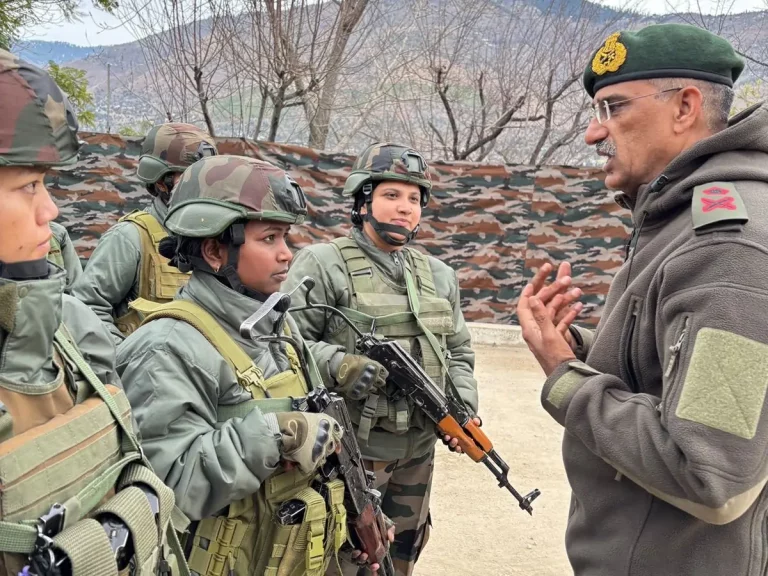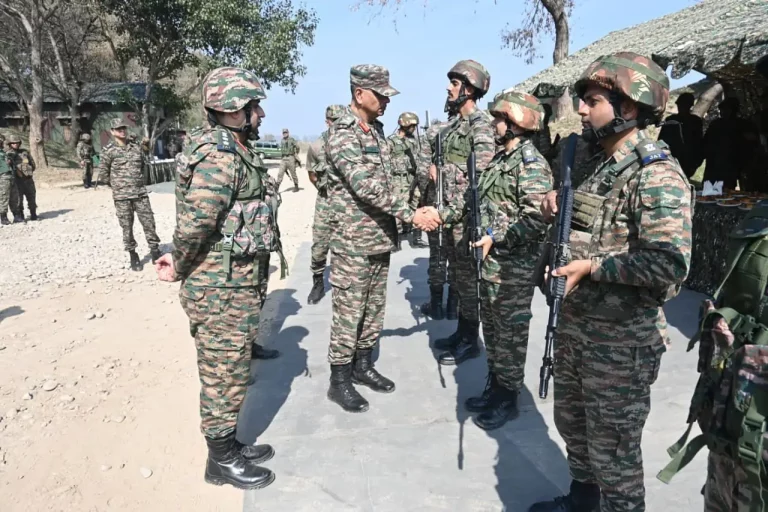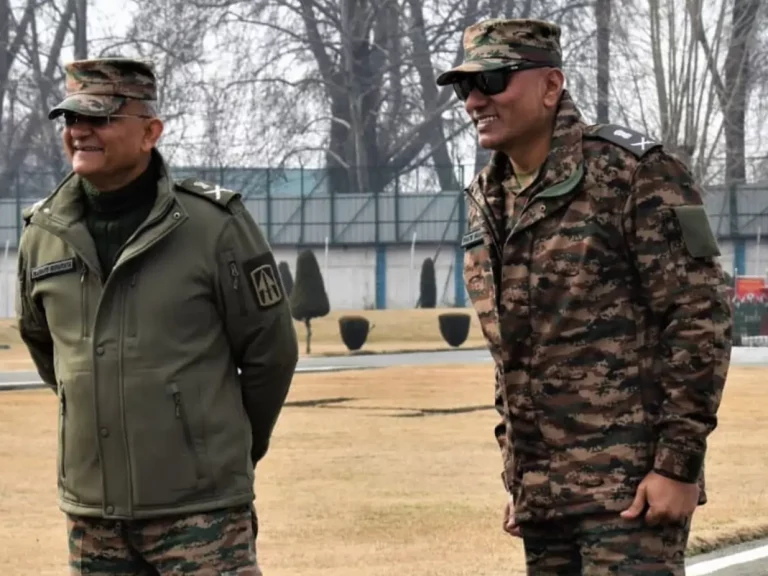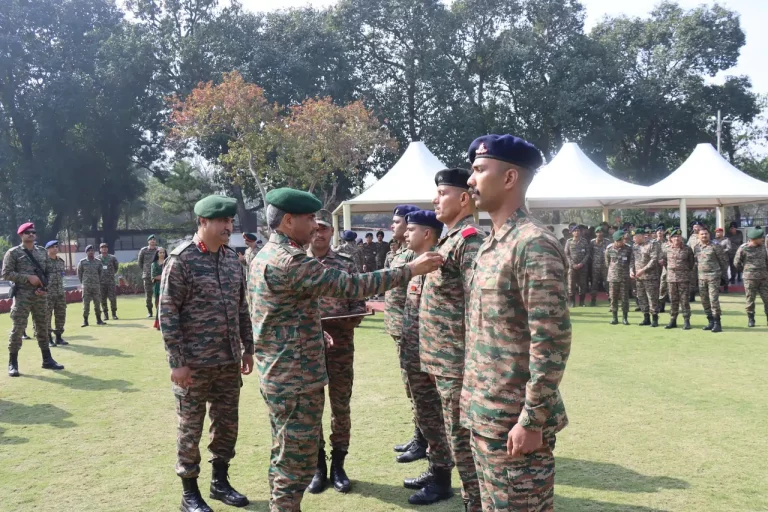Major Vikrant Kumar Jaitly, a retired veteran of India’s elite Para Special Forces, has become embroiled in an international diplomatic and legal crisis following his detention in the United Arab Emirates in September 2024. His case has gained widespread attention not just for its military and geopolitical implications, but also due to his connection to the Bollywood industry as the brother of actress Celina Jaitly.
Early Life and Military Career
Jaitly hails from a family steeped in military tradition, with his father serving as a colonel in the Indian Army. Following rigorous training at the Indian Military Academy in Dehradun, he was commissioned into the Indian Army on December 15, 2001. He was assigned to the prestigious 3 Para Special Forces, renowned for their airborne and commando operations. Over his two-decade military career, Jaitly participated in critical counter-insurgency missions in high-conflict zones such as Jammu and Kashmir, earning accolades such as the Chief of Army Staff (COAS) Commendation Card before retiring as a Major in December 2021.
Post-retirement, he shifted to the private sector, moving to the UAE in 2016. He joined the Mātiti Group as Chief Executive Officer, where his role involved managing international projects across various sectors. His professional accolades supported his reputation as a respected leader, seamlessly transitioning from military service to civilian life.
The Detention: Timeline and Incident Details
The details surrounding Jaitly’s detention remain unclear, with conflicting reports regarding the location—either Abu Dhabi or Dubai. Family claims suggest that he was "illegally abducted" without any prior notification or justification. Since the day of his detention, the family has faced challenges in establishing direct communication with him.
As of November 2025, he had spent more than 14 months in custody. His health has become a growing concern, prompting periodic visits from Indian consular officials, who confirmed his location but offered limited information about his well-being. The Ministry of External Affairs (MEA) of India has maintained that discussions with UAE authorities have been ongoing.
Here is a timeline of significant events surrounding Jaitly’s case:
- December 15, 2001: Commissioned into the Indian Army and joins Para SF.
- 2016: Relocates to the UAE and assumes the role of CEO at Mātiti Group.
- December 2021: Retires after two decades of service.
- September 2024: Detained in the UAE under ambiguous circumstances.
- May-September 2025: Four consular visits by Indian officials to confirm his status.
- November 3-4, 2025: Celina Jaitly files a petition in Delhi High Court to seek intervention and clarity about her brother’s condition.
- December 4, 2025: Next hearing scheduled for an MEA status report.
Alleged Reasons for Detention
The official rationale for Jaitly’s detention has not been explicitly communicated. UAE authorities have mentioned "national security concerns,” but specific charges or evidence have not been disclosed. Jaitly’s family, particularly Celina, argues that the lack of transparency points to possible mistaken identity or undue external pressures, asserting that there is no evidence of any wrongdoing against him.
Celina has expressed concerns that Indian military veterans may become targets in foreign nations, alluding to broader geopolitical contexts that could render veterans vulnerable. The absence of a trial raises questions about the validity of due process in the UAE’s judicial system, which is often criticized for lacking transparency in security-related cases.
Legal Proceedings and Family Advocacy
Celina Jaitly has actively advocated for her brother’s release, employing diplomatic channels and engaging directly with government officials before turning to the Delhi High Court in late 2025. The court quickly responded by urging the MEA to appoint a dedicated official to facilitate family communication and ensure Jaitly receives legal representation.
This legal battle not only signifies a personal struggle but also highlights the potential diplomatic implications for India-UAE relations. Celina has described the court’s order as a “ray of hope,” suggesting a possible shift in the government’s approach to the case, aided by her team’s legal expertise.
Broader Implications and Concerns
Jaitly’s case resonates with a larger narrative regarding the safety of Indian citizens abroad, particularly those with military backgrounds. Strong India-UAE ties, bolstered by significant trade agreements, now face scrutiny regarding how expatriate welfare is handled. Critiques of the UAE’s approach point to patterns of arbitrary detentions, which can overshadow its claims about strict security measures amid global unease.
As December 2025 approaches, with another hearing on the horizon, there remains profound concern over Jaitly’s welfare, particularly regarding his physical and mental health in isolation. His story serves as a poignant reminder of the struggles faced by decorated service members in navigating life abroad, underscoring the critical need for robust consular protections. The complexities of Major Vikrant Kumar Jaitly’s detention highlight the struggles of military retirees and the intricacies of international diplomacy in an increasingly interconnected world.
